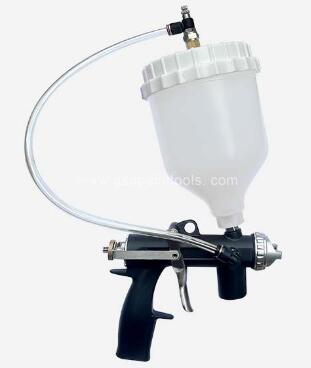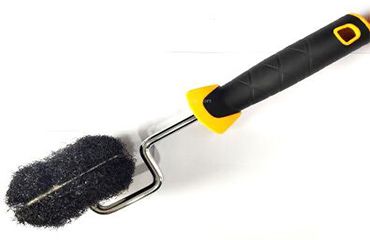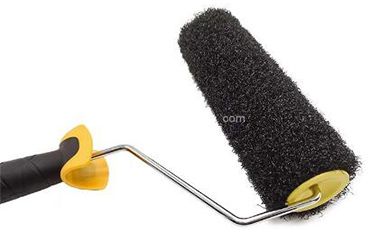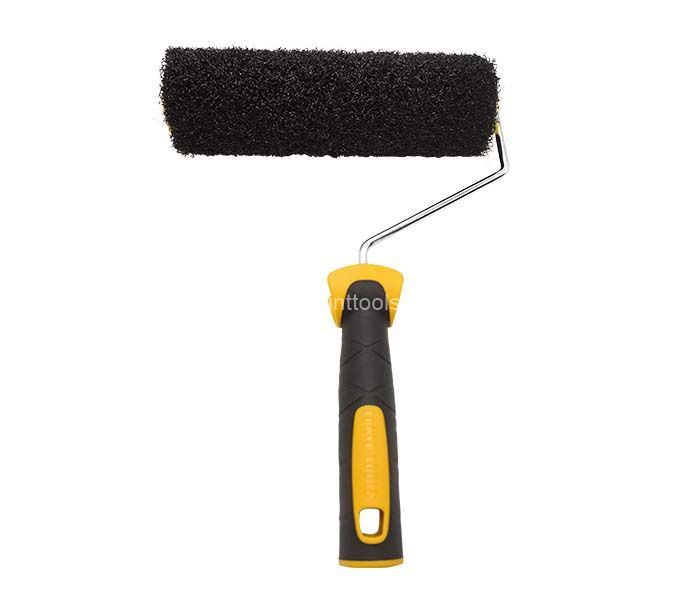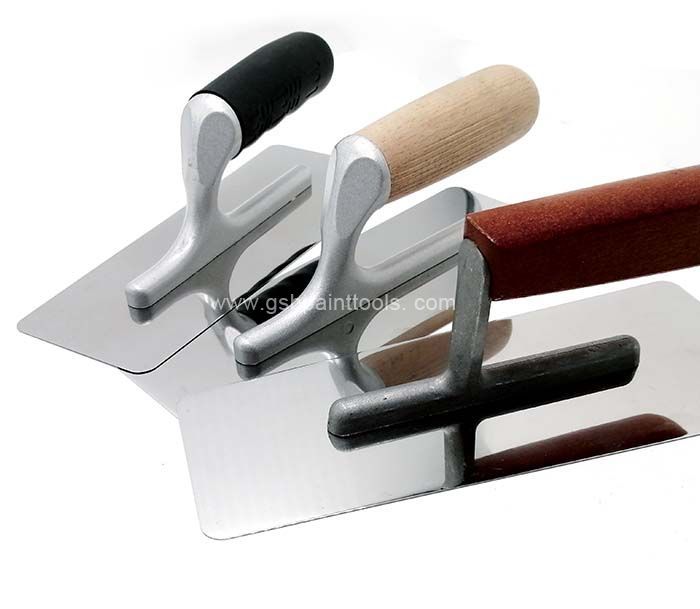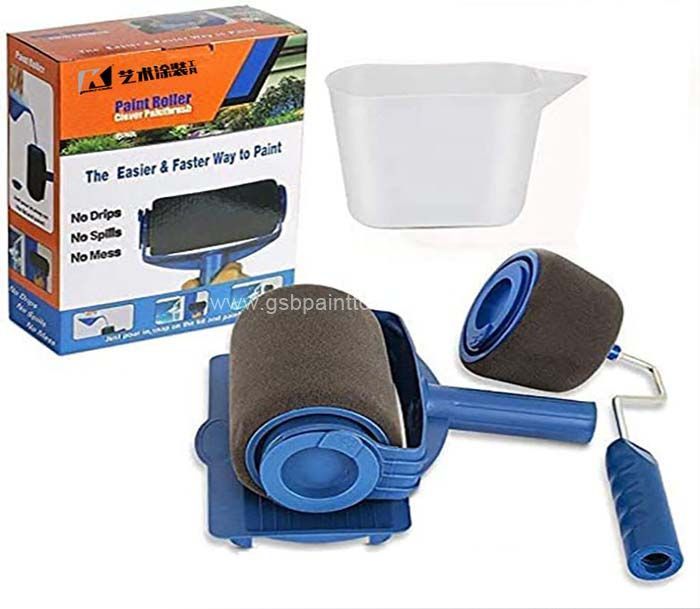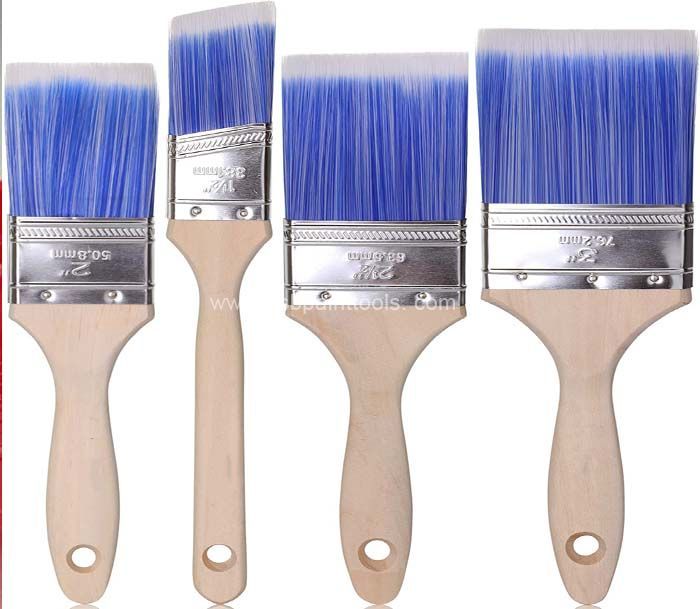Can You Use Any Paint in an Electric Paint Sprayer?
Electric paint sprayers have become increasingly popular among DIY enthusiasts and professionals alike due to their convenience and efficiency. They allow for faster and more even paint application, making them a valuable tool for various painting projects. However, when it comes to using paint in an electric paint sprayer, it's essential to consider certain factors to ensure optimal performance and achieve the desired results.
Understanding the Compatibility of Paints and Electric Paint Sprayers
Paints come in different formulations, each designed for specific application methods. While some paints are suitable for brushing or rolling, others are specifically formulated for spray application. Using the wrong type of paint in your electric paint sprayer can lead to clogging, uneven application, and potential damage to the sprayer.
Types of Paints for Electric Paint Sprayers
1. Latex Paints
Latex paints, also known as water-based paints, are a popular choice for many painting projects. They offer easy cleanup, low odor, and quick drying times. Most electric paint sprayers can handle latex paints without any issues. However, it's important to check the manufacturer's guidelines to ensure compatibility.
2. Oil-Based Paints
Oil-based paints are known for their durability and smooth finish. They are commonly used for projects that require a high level of protection, such as painting trim, doors, or cabinets. When using oil-based paints in an electric paint sprayer, make sure the sprayer is compatible with oil-based coatings. Some sprayers may require additional thinning or specific nozzle types for optimal performance.
3. Acrylic Paints
Acrylic paints are versatile and widely used in various art and craft projects. They are water-based and dry quickly to a flexible, durable finish. Many electric paint sprayers can handle acrylic paints without any issues, but it's always recommended to refer to the manufacturer's instructions to ensure compatibility.
4. Spray Paints
Spray paints, commonly sold in aerosol cans, are specifically designed for spray application. They come in various finishes and are suitable for a wide range of surfaces, including metal, wood, plastic, and more. While some electric paint sprayers may be compatible with spray paints, it's crucial to check the manufacturer's recommendations and consider any specific requirements.
Factors to Consider When Using Paint in an Electric Paint Sprayer
1. Viscosity and Thinning
The viscosity, or thickness, of the paint can affect its performance in an electric paint sprayer. Some paints may need to be thinned before spraying to ensure proper atomization and flow through the sprayer. Always refer to the paint manufacturer's instructions for recommended thinning ratios, if necessary.
2. Nozzle Size and Pressure
Different paints may require specific nozzle sizes and pressure settings for optimal results. The nozzle size determines the spray pattern and the amount of paint being delivered, while the pressure controls the flow rate. Consult the user manual of your electric paint sprayer to determine the appropriate nozzle size and pressure settings for the type of paint you are using.
3. Surface Preparation
Proper surface preparation is crucial for achieving a smooth and professional finish. Before using an electric paint sprayer, ensure that the surface is clean, free from debris, and adequately primed, if required. Smooth out any imperfections and ensure a level surface for the best paint application.
4. Safety Precautions
While using an electric paint sprayer, it's essential to prioritize safety. Wear appropriate personal protective equipment (PPE) such as goggles, gloves, and a mask to protect yourself from paint overspray and harmful fumes. Work in a well-ventilated area and take necessary precautions to prevent accidents.
Conclusion
In conclusion, using the right type of paint in an electric paint sprayer is crucial for achieving optimal results. Different paints have varying viscosities, and not all paints are suitable for spray application. Understanding the compatibility between your chosen paint and the electric paint sprayer is essential to ensure smooth operation and a professional finish. Always consult the electric paint sprayer manufacturer's guidelines and follow best practices to maximize the performance of your electric paint sprayer.







